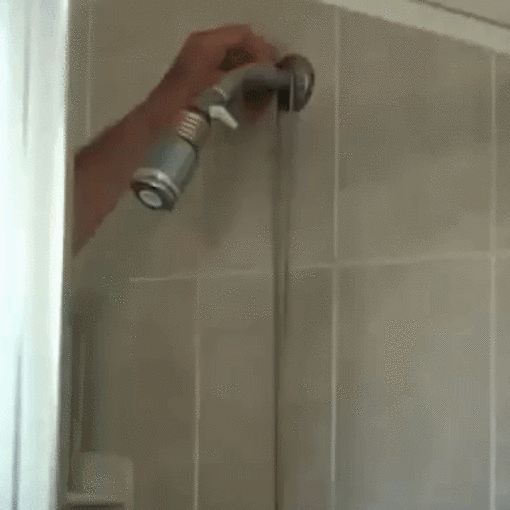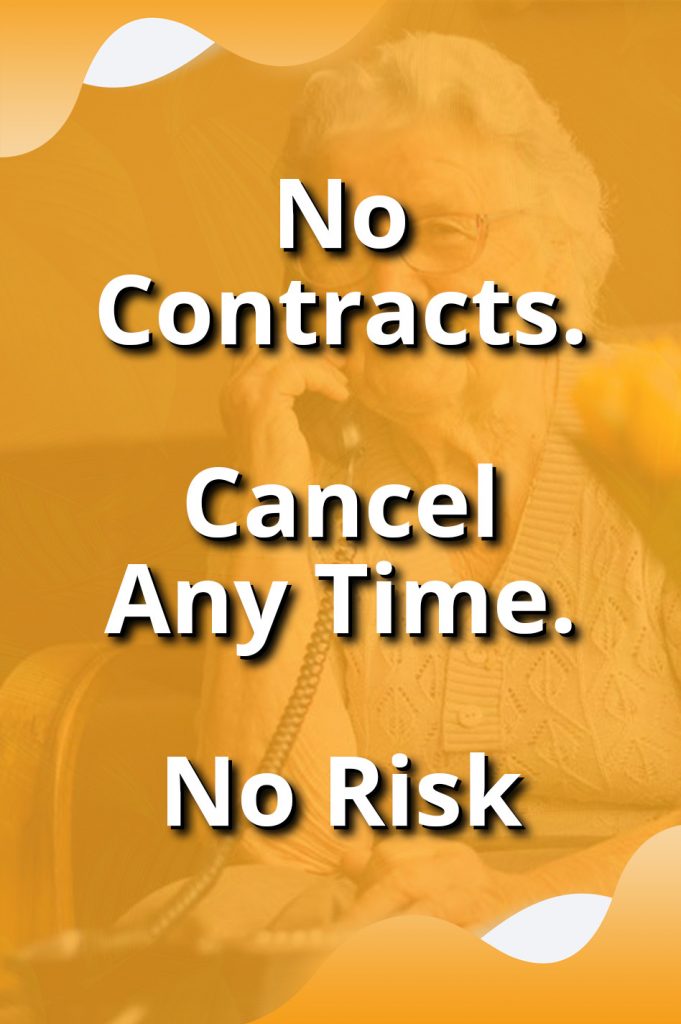
How a Senior Safety Check-in Service Can Transform Your Loved One’s Life
Discover how a senior safety check-in service like CareCallingNow ensures daily well-being checks, offering peace of mind for families.
How to Choose a Medical Alert System

As technology and Artificial Intelligence advances, the range of options has grown
So how to choose a medical alert system since the range of options available is increasing every day. Choosing the right personal emergency response system for yourself or a vulnerable member of your family can be quiet daunting.
Definitions:
— all can provide increased independence for our loved ones and peace of mind for us as family caregivers.
But now, how do you select the best Alert that suits your family situation?
As technology advances are making it much much more complicated, the range of options has grown from the original necklace pendant device with a button which just called your allocated family, neighbour to calling an emergency response centre in case of emergency. Present-day systems may include fall detection or prevention, in-home health and well-being monitors, fitness trackers, movement sensors, daily manual calls, voice-activated internet-connected and more.
To select a medical alert system one needs to understand your vulnerable loved one’s specific needs and abilities — today and how things might change over time.
For example, if the vulnerable loved one has dementia, could the medical alert system be operated properly if the need arose? In this case, would an automatic medical alert system, such as a fall-detection device, be more suitable? Another simple automated system, that requires no extra equipment, delivers a phone call every day. When the emergency happens will your vulnerable loved one be able to use the Medical Alert system you have decided on OR be able to speak and be heard and if not
HOW LONG WILL IT BE UNTIL YOUR VULNERABLE LOVED ONE WILL BE FOUND
And note that any of these devices may not cover all that is required to keep your family member/s safe, there may be free trial periods available so just ask so you can see what works best for your vulnerable loved one,
5 Things that are important to consider when selecting your Medical Alert Device:
A daily automated or voice call.
The answering of the call signals all is well.
CareCallingNow is available is daily check-in automated call every day
Calls made to your landline, call, mobile, VOIP

CareCallingNow is available Right for $1 per day
No Extra fees, No contracts Cancel any.
CareCallingNow is available in most local and international areas. Check out which countries are available right now
Many companies offer traditional medical alert services. Often are not able to offer services near you check out your local business guide. There cell mobile service apps that work like traditional medical alert services but are usually not monitored. Technology companies are offering voice-based solutions and home security companies are now offering these services as an add on.
How to choose a medical care alert system
If you have decided on how to choose a medical alert system and actually selected a system. One the check-in system is in place be sure to check that it is working for your vulnerable loved ones. Don’t hesitate to choose another medical alert system or combine it with another service if it isn’t a good fit — it could save a life and save the quality of life of your vulnerable loved one.
When you know how to choose a medical alert system. Remember it is important to know that the loved one will wear it at all times.
On many medical alert devices websites have articles saying.
“If Mom won’t wear her device you should keep trying to convince her”
That is the most important of all the points on how to choose a medical alert system. Always remember that choosing only one may still leave you short in an emergency.
For the perfect solution add a Daily Safety Wellness Check-In Call to make sure your loved one is OK.
This will ensure that your Mum is OKAY every-day.



Discover how a senior safety check-in service like CareCallingNow ensures daily well-being checks, offering peace of mind for families.

Stay Safe Anywhere: The Ultimate Guide to Personal Alert Safety Systems In a world where unpredictability lurks around every corner, personal safety is paramount. Whether

Reliable Medical Alarms: How Care Calling Now’s ‘No-Response’ System Beats Traditional Alerts Many Australians worry what might happen if an elderly parent living alone falls

ⓒ All rights reserved